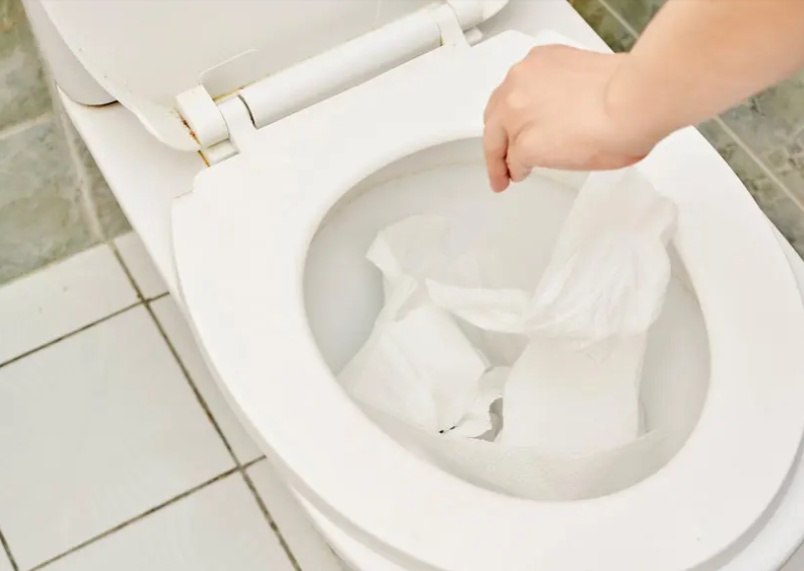can too much toilet paper clog my sewer line?
The convenience of modern living brings with it an array of challenges, and one such concern that many homeowners may not consider until it becomes an issue is the potential for toilet paper to clog sewer lines. While toilet paper is designed to break down in water, using excessive amounts or certain types can lead to blockages in the sewer system. In this article, we explore the factors that contribute to this problem and offer tips on how to prevent sewer line clogs.
Understanding the Composition of Toilet Paper:
Toilet paper is manufactured to dissolve and disintegrate when exposed to water, ensuring it doesn't cause plumbing issues under normal usage. However, factors such as the thickness and quality of the toilet paper, as well as the sheer volume used, can impact its ability to break down effectively.
Factors Contributing to Sewer Line Clogs:
-
Excessive Use: Using an excessive amount of toilet paper in a single flush can overwhelm the plumbing system. While it might seem harmless in the moment, flushing large quantities of toilet paper at once can contribute to clogs.
-
Thick or Non-Dissolving Toilet Paper: Some premium or ultra-soft toilet papers are thicker and may not break down as easily as standard varieties. If your sewer system is not equipped to handle thicker paper, it may lead to blockages over time.
-
Old or Compromised Plumbing: Aging or damaged plumbing systems may struggle to handle even normal amounts of toilet paper. Over time, pipes can develop buildups and accumulate debris, making them more susceptible to clogs.
Preventing Sewer Line Clogs:
-
Use Toilet Paper Moderately: Be mindful of the amount of toilet paper used in each flush. Consider breaking it into smaller amounts and flushing multiple times if necessary.
-
Choose Quality Toilet Paper: Opt for toilet paper that is labeled as "septic-safe" or "plumbing-friendly." These types are designed to break down more easily, reducing the risk of clogs.
-
Regular Maintenance: Schedule routine maintenance for your plumbing system, including inspections and cleanings. This can help identify potential issues before they escalate into major problems.
-
Educate Household Members: Ensure everyone in the household is aware of the potential risks associated with excessive toilet paper usage. Educate them on the importance of using only what is necessary and flushing responsibly.
Conclusion:
While toilet paper is a necessity in every household, its usage can impact the functionality of your sewer line. By being mindful of the quantity and type of toilet paper used, as well as implementing preventative measures, homeowners can reduce the likelihood of sewer line clogs and maintain a smoothly functioning plumbing system. Regular maintenance and awareness of proper flushing habits can go a long way in preventing inconvenient and potentially costly plumbing issues.


No comments yet